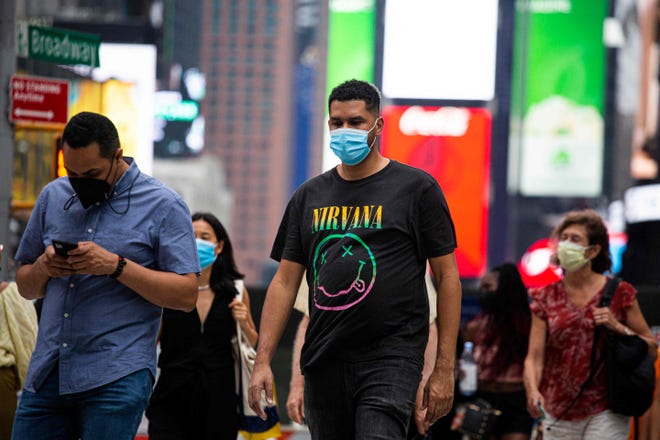As fall leaves, cool weather, and pumpkin spice ring through the hustle and bustle of fall, you may find yourself falling victim to that all-too-familiar tickle in your throat.
Many experts consider fall and winter to be upper respiratory virus season because cases of so many diseases typically spike.
So you may be wondering what your symptoms are indicating. Is it a new coronavirus infection? RS virus? influenza? Or is it just a common cold?
“These are all respiratory viruses. Clinically they are very difficult to differentiate,” said Timothy Brewer, a professor of medicine and epidemiology at the University of California, Los Angeles. “Clinically they can look identical and we are in what is known as respiratory virus season.”
